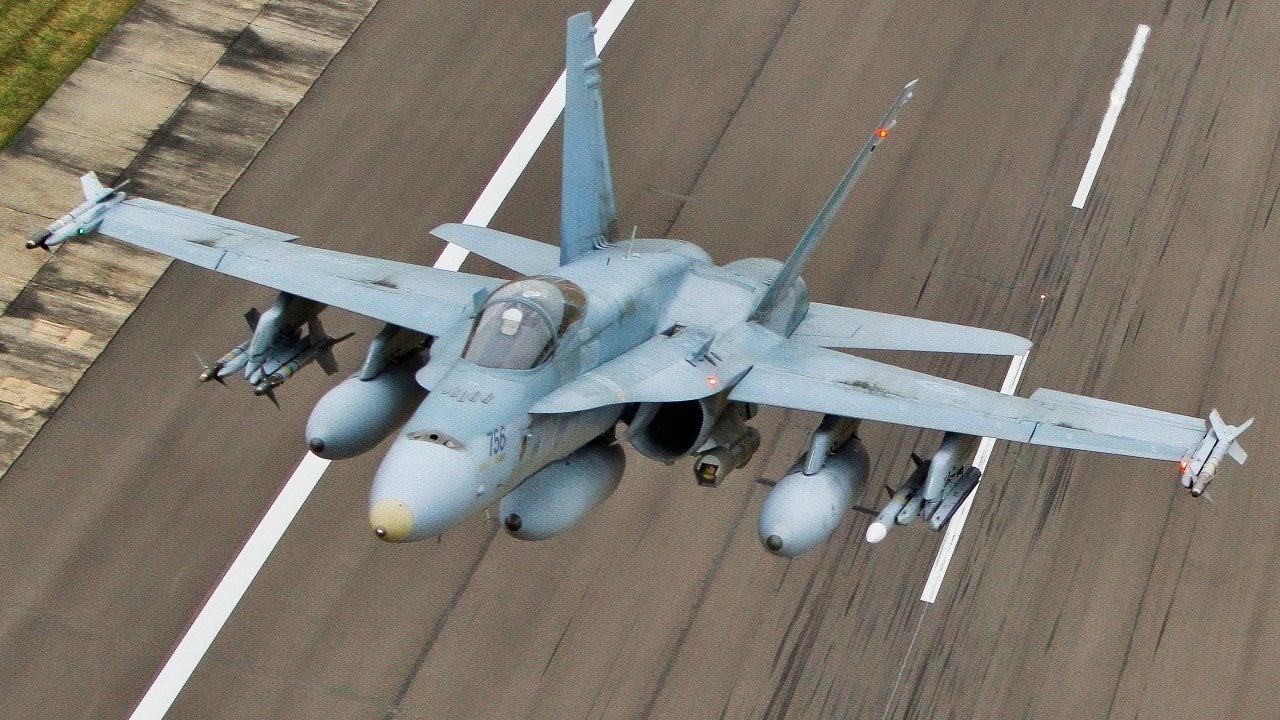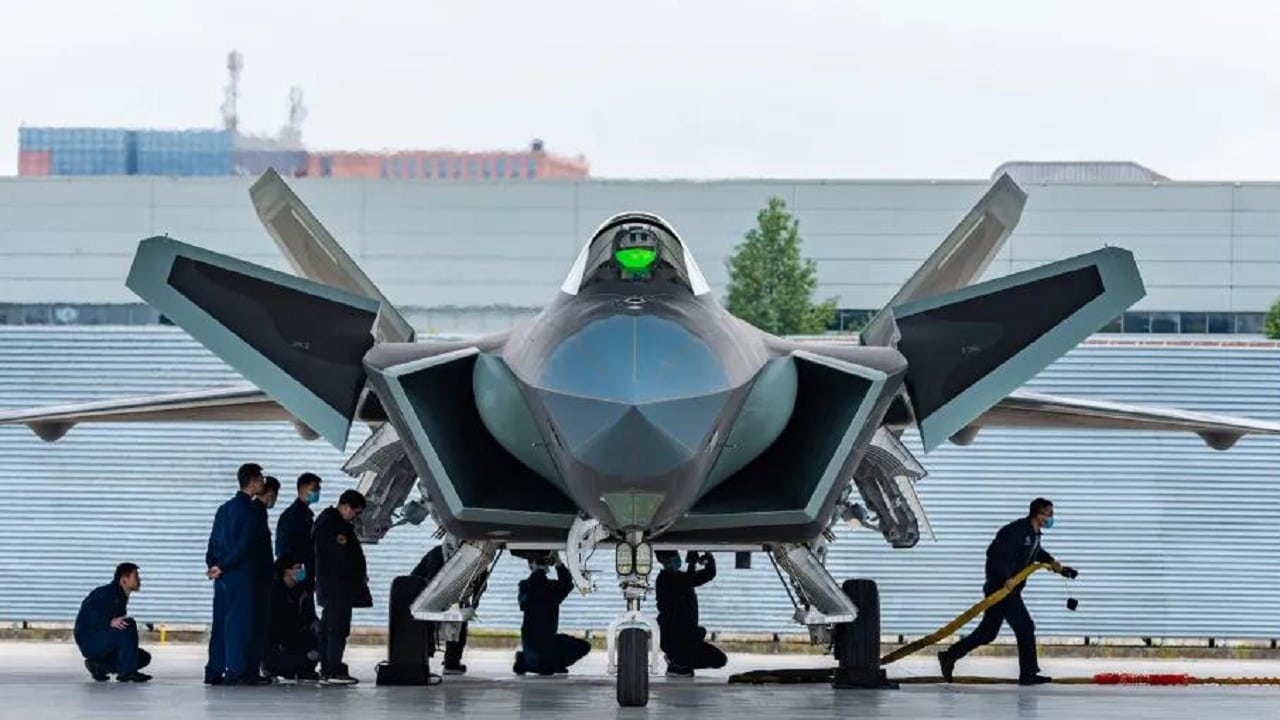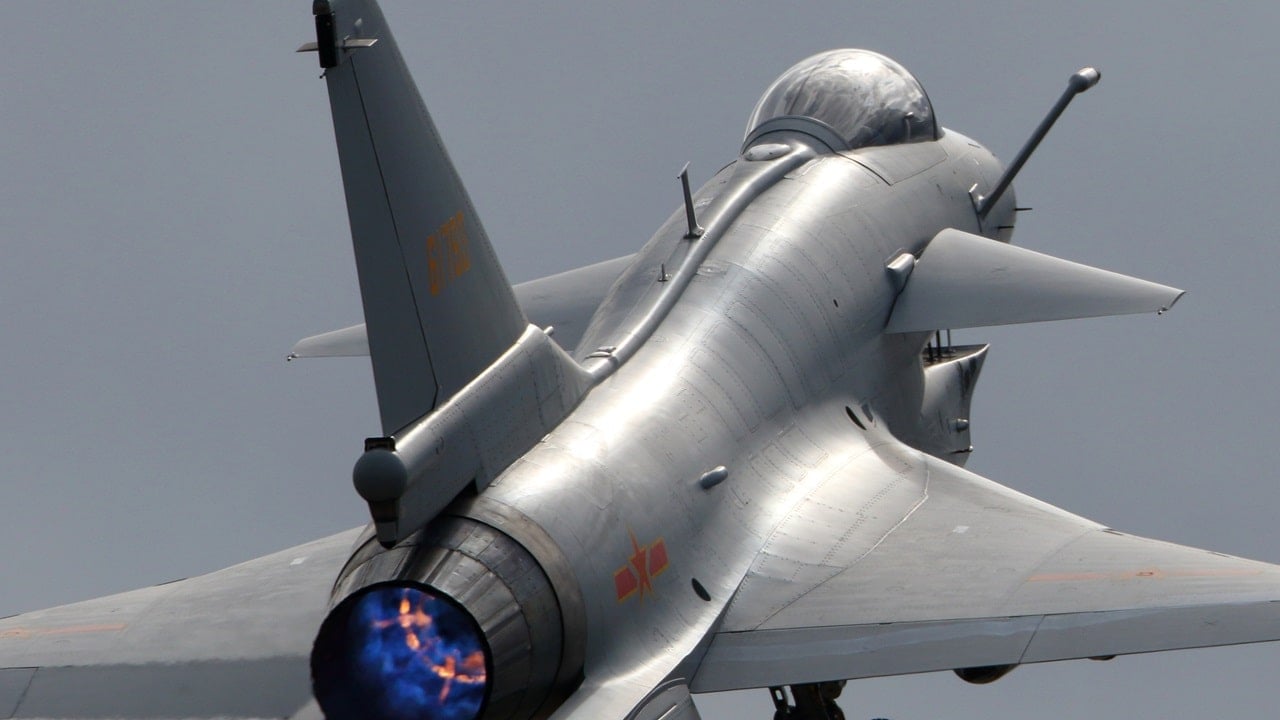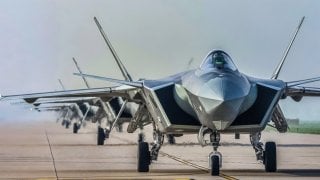If China Invades Taiwan, a Nuclear World War III May Follow
If China invades Taiwan, it could result in a full-scale conflict with potential nuclear implications. Alternatively, a blockade strategy by China might lead to a prolonged, less catastrophic engagement.
Summary: Tensions between Washington and Beijing are high as Chinese state media hints at a potential invasion of Taiwan.

-Taiwan, under President William Lai, struggles to balance asserting its sovereignty and avoiding escalation.
-Unlike the 1996 Taiwan Strait Crisis, the U.S. no longer has undisputed regional dominance, relying more on allies like Japan, which has pledged to defend Taiwan.
-China holds significant military advantages, including A2/AD capabilities, cyber warfare, and missile arsenals.
-If China invades, it could result in a full-scale conflict with potential nuclear implications. Alternatively, a blockade strategy by China might lead to a prolonged, less catastrophic engagement.
China's Military Advantages: What a Taiwan Invasion Could Look Like
War worries are gripping Washington and Beijing. Everyone is on edge as Chinese state media sources hint that they might initiate an invasion of Taiwan within weeks. Taiwan, for its part, is trying desperately to skirt a dangerous line: stand up for their sovereignty while also getting Beijing to calm down. Previous periods of tension, such as during the Taiwan Strait Crisis of 1996, were ratcheted down by a combination of implicit threats from Washington and Taiwan dual-track diplomacy.
Back then, however, the Americans were the undisputed hegemons of the world.
Today, the balance of power has shifted in the region against the Americans. It is now up to their regional partners to pick up the slack. While those partners have attempted to do some of the heavy lifting, notably with the formation of the AUKUS nuclear submarine building alliance between Australia, the United Kingdom, and the United States, this is entirely insufficient to responding to the near-term threat that is China.

And while it is always great to have allies, in a war scenario, nothing says victory like hard military power. In the context of the Sino-Taiwan conflict, China currently has the advantages over the Taiwanese side. This is why the Taiwanese have been struggling to deconflict the situation with China since last week’s inauguration of pro-independence President William Lai.
It’s not 1996 anymore and, unfortunately, the Chinese have decisive advantages militarily over Taiwan and their allies.
China’s Advantages in a Taiwan War
China has arrayed an impressive arsenal of missiles and rockets along their coastline and throughout the South China Sea aimed both at decimating Taiwanese targets as well as repelling any attempt by the US military to intervene in any potential Chinese military action against Taiwan. China’s military has robust cyberwarfare, counterspace, and other unconventional capabilities that will further depress Taiwan’s ability to resist in the long-term.
Japan, an American ally with a mutual defense pact, has already indicated they would deploy forces in defense of Taiwan if China moved into Taiwan militarily. If that occurred, even if the US attempted to stay out of the fight, Washington would be compelled to act. But if Washington could not reliably deploy its aircraft carriers (or much of its surface fleet) into the Indo-Pacific during this crisis because of China’s considerable A2/AD capabilities, or if US air assets were neutralized by China’s missiles, what could the Americans do?
There’s an important point to make here, though. If the Chinese initiate an invasion and America’s allies do respond—and can overcome the A2/AD advantages that China currently possesses—what would happen to the Chinese Navy? Any invasion fleet at that point would be sunk and sent fleeing home. At that point, would Beijing opt to detonate nukes over Taiwan as a final Parthian Shot or not?

Anyway, another consideration is to know what form of attack the Chinese will implement against Taiwan. The conventional wisdom is that China will go-for-broke in a bolt-from-the-blue, lightning war. This campaign will see the rapid movement of ships and aircraft around and over Taiwan.
After about 100 hours of intensive fighting, the Chinese will obtain air dominance over the island, allowing for their ground forces to disembark from the fleet of civilian roll-on-roll-off ferries they entered Taiwanese waters on.
The other possibility is that China engages in a hybrid war in which they gradually escalate against Taiwan with a blockade being the lynchpin of that campaign. If the Chinese go with the blockade approach, it may eventuate in an invasion of Taiwan.
Yet, the bulk of the campaign will be centered on the blockade itself. That will likely break Taiwan in the long-run. Although, it is unlikely to lead to the kind of wider war that so many analysts in the West fear.
If (and When) China Invades Taiwan
Where the larger war is more likely to breakout is in the first scenario.
A massive invasion of Taiwan. If that were to occur, the West might be inclined to initiate a limited nuclear engagement to stunt the Chinese invasion force. While unlikely, it is a possibility. But the nuclear genie is far more likely to be loosed by Beijing.
As they invaded Taiwan, while they do have considerable advantages these days over the Western forces, the Chinese military will undoubtedly face pockets of fierce resistance.
Chinese forces might use tactical nukes to “soften up” Taiwanese targets. Or they might threaten to go nuclear against Japan, if Tokyo follows through on their claims that they’d intervene on behalf of the Taiwanese if China attempted to invade the island.

After all, if there’s one thing that drives China crazy it’s Japan.
The real issue here is the unpredictable nature of war. Especially in the total invasion scenario. The uncertainty of that scenario means that the nuclear genie is far more likely to be loosed from its bottle than the blockade version. Nuclear warfare is far more likely in the coming years than it was in the preceding era.
About the Author
Brandon J. Weichert is a former Congressional staffer and geopolitical analyst who is a contributor at The Washington Times, as well as at American Greatness and the Asia Times. He is the author of Winning Space: How America Remains a Superpower (Republic Book Publishers), Biohacked: China’s Race to Control Life, and The Shadow War: Iran’s Quest for Supremacy. Weichert can be followed via Twitter @WeTheBrandon.
All images are Creative Commons.


